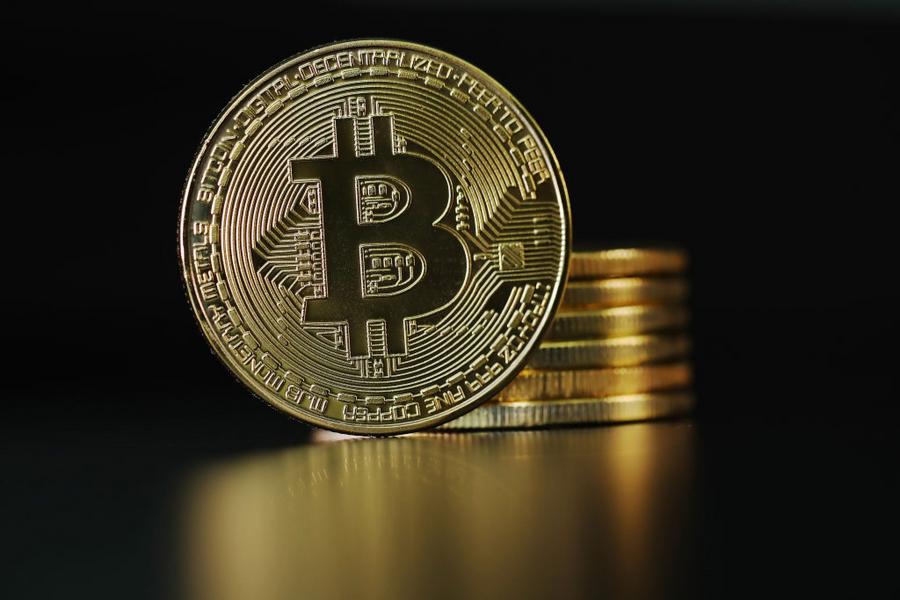Bitcoins are a hot commodity. However, unlike banks, they are not regulated. If your bank account is hacked, or you lose your debit card, or you forget your online banking information- – you can still access your funds. If a Bitcoin owner passes away without giving their private key (password) to someone else, those bitcoins die with them. They will remain in the cloud. They will never be able to be spent. It's not hard to think that at some point hackers will acquire the technology to crack those private keys. That's actually pretty unlikely. Bitcoin uses a 256-bit key. Even an enormous computer using all of the energy the sun gives off could not calculate the number of possible combinations, even if the computer had several decades to do so. In other words, lost bitcoins stay lost.

Dan Kitwood/Getty Images
That brings us to the story of James Howells, a Welsh IT worker who tossed out a hard drive in 2013. The only problem? That hard drive contained the private key to 7,500 Bitcoins worth $52.7 million! The hard drive ended up in a soccer field sized landfill in Wales buried beneath tons of recyclable waste. Howells reportedly threw away the hard drive by accident when he was cleaning up his desk.
Howells told the Guardian:
"You know when you put something in the bin, and in your head, say to yourself 'that's a bad idea? I really did have that. I don't have an exact date, the only time period I can give—and I've been racking my own brains—is between June 20th and August 10th. Probably mid-July."
In the time since Howells tossed his hard drive, the cryptocurrency's value has soared.
Bitcoin was founded in 2009. Howells ran a program for using the digital currency on his laptop for about a week that made the laptop too hot and noisy to use. In 2010, Howells' laptop broke so he took it apart for parts. Most of the parts were thrown out or sold, but he kept the hard drive for three years. Then one day in 2013, he cleared out his desk and tossed away the key to more than $52 million.
If there is one lesson to be learned from Howells folly, back up your hard drives regularly!
/2017/12/GettyImages-887657582.jpg)
/2021/01/GettyImages-1230175365.jpg)
/2017/03/GettyImages-167578473.jpg)
/2017/12/bit.jpg)
/2019/08/GettyImages-887657568-2.jpg)
/2017/12/GettyImages-887657598.jpg)
/2019/04/rr.jpg)
/2009/09/Brad-Pitt.jpg)
:strip_exif()/2015/09/GettyImages-476575299.jpg)
/2019/11/GettyImages-1094653148.jpg)
/2020/06/taylor.png)
/2018/03/GettyImages-821622848.jpg)
/2019/10/denzel-washington-1.jpg)
/2009/09/Cristiano-Ronaldo.jpg)
/2020/02/Angelina-Jolie.png)
/2009/11/George-Clooney.jpg)
/2020/01/lopez3.jpg)
/2017/02/GettyImages-528215436.jpg)
/2009/09/Jennifer-Aniston.jpg)
/2020/04/Megan-Fox.jpg)
:strip_exif()/2009/09/P-Diddy.jpg)